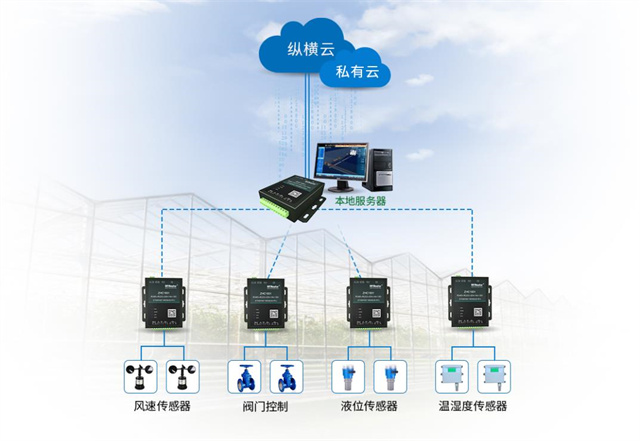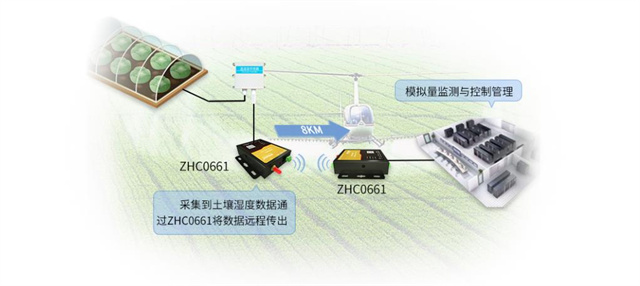
With the rapid development of IoT technology, DTU modules (Data Transfer Unit) are gradually emerging as the basic equipment for connecting IoT devices and cloud platforms, providing strong support for the intelligent development of various industries. This article will introduce the application of DTU modules in the field of Internet of Things and its advantages in remote monitoring and data transmission.
1. Application of DTU module in the field of Internet of Things
As a key device for data transmission between IoT devices and cloud platforms, DTU modules are widely used in many industries. For example, smart door locks, smart thermostats and other devices in the smart home field can be remotely controlled and managed with mobile APPs through the DTU module; remote monitoring equipment in the industrial automation field can use the DTU module to transmit device data to The cloud platform enables remote monitoring and control; smart meters, photovoltaic power generation systems and other equipment in the field of energy management can realize real-time monitoring and management of energy consumption through DTU modules.

2. Advantages of DTU module in remote monitoring
1. Efficient and stable data transmission
The DTU module adopts advanced communication technology and has high-speed and stable data transmission capabilities. Whether in cities or remote areas, DTU modules can achieve rapid data transmission through various communication methods (such as GPRS, 3G, 4G, NB-IoT) to ensure the effect of remote monitoring.
2. Flexible and diverse interfaces
The module supports a variety of interfaces (such as RS232, RS485, Ethernet, etc.) to facilitate connection with various sensors, PLC and other equipment. Through these interfaces, the DTU module can collect and transmit various device data and realize real-time monitoring of device status.
3. Safe and reliable data transmission
Provides multiple data encryption and authentication mechanisms to ensure the security of data transmission. At the same time, the DTU module supports the disconnection and reconnection function. When communication is interrupted or the network is unstable, it can automatically reconnect to ensure reliable transmission of data.
3. Advantages of DTU module in data transmission
1. Low power consumption and high performance
It adopts advanced power management technology and features low power consumption and high performance. Not only can it effectively extend battery life and reduce equipment maintenance costs, it can also adapt to the network environment and improve the efficiency and stability of data transmission.
2. Multi-channel data transmission
Supports multi-channel data transmission and can transmit multiple types of data at the same time. Whether it is images, sounds, text, etc., various types of data can be transmitted through the DTU module to meet the needs of different application scenarios.
3. Strong scalability
It has strong scalability and supports the integration of multiple data protocols and communication methods. Whether it is traditional serial communication or modern TCP/IP communication, the DTU module can adapt to the needs of various scenarios and can be easily upgraded and expanded.
Résumez :
As an important part of the Internet of Things field, DTU modules provide reliable data transmission channels and remote monitoring capabilities for the intelligent development of various industries . Through the advantages of efficient and stable data transmission, flexible and diverse interfaces, safe and reliable data transmission, DTU modules help the rapid development of the Internet of Things and provide infrastructure support for the establishment of smart cities, smart factories, smart transportation and other fields. I believe that with the continuous innovation and evolution of DTU modules, the Internet of Things era will usher in more possibilities and opportunities.